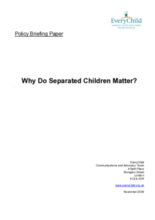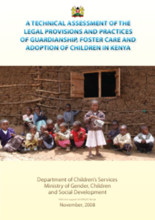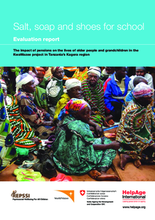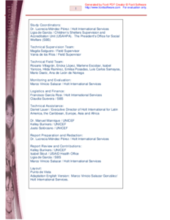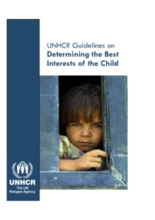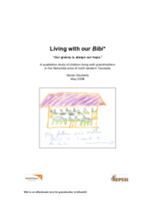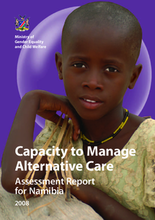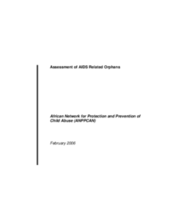Displaying 91 - 100 of 112
Evaluation of the need for increased understanding and inclusive responses to highly marginalized and separated children.
This technical assessment report uses a transformative social protection framework adapted for studying the provisions and practice in alternative care and adoption in Kenya.
The impact of pensions on the lives of older people and grandchildren in the KwaWazee project in Tanzania’s Kagera region.
Assesses the causes and realities of children living in institutions in Guatemala with recommendations for systemic reform.
Provides a formal mechanism to determine the best interests of the child as a mechanism within a child protection system
A qualitative study of children living with grandmothers in the Nshamba area of northwestern Tanzania
This report prepared for the Ministry of Gender Equality and Child Welfare (MGECW) with financial support from UNICEF Namibia assesses the country’s capacity to manage alternative care systems for children.
Analyzes the care of children without parents in the contexts of current theoretical and policy formations and attachment theory with kin and non-kin caregivers.
Guidance and preconditions on use of Best Interests Determination for unaccompanied and separated children
Highlights characteristics among homes caring for children lacking parental care, providing a specified understanding of the educational, financial and supportive environments present for children in foster care arrangements in Kenya

